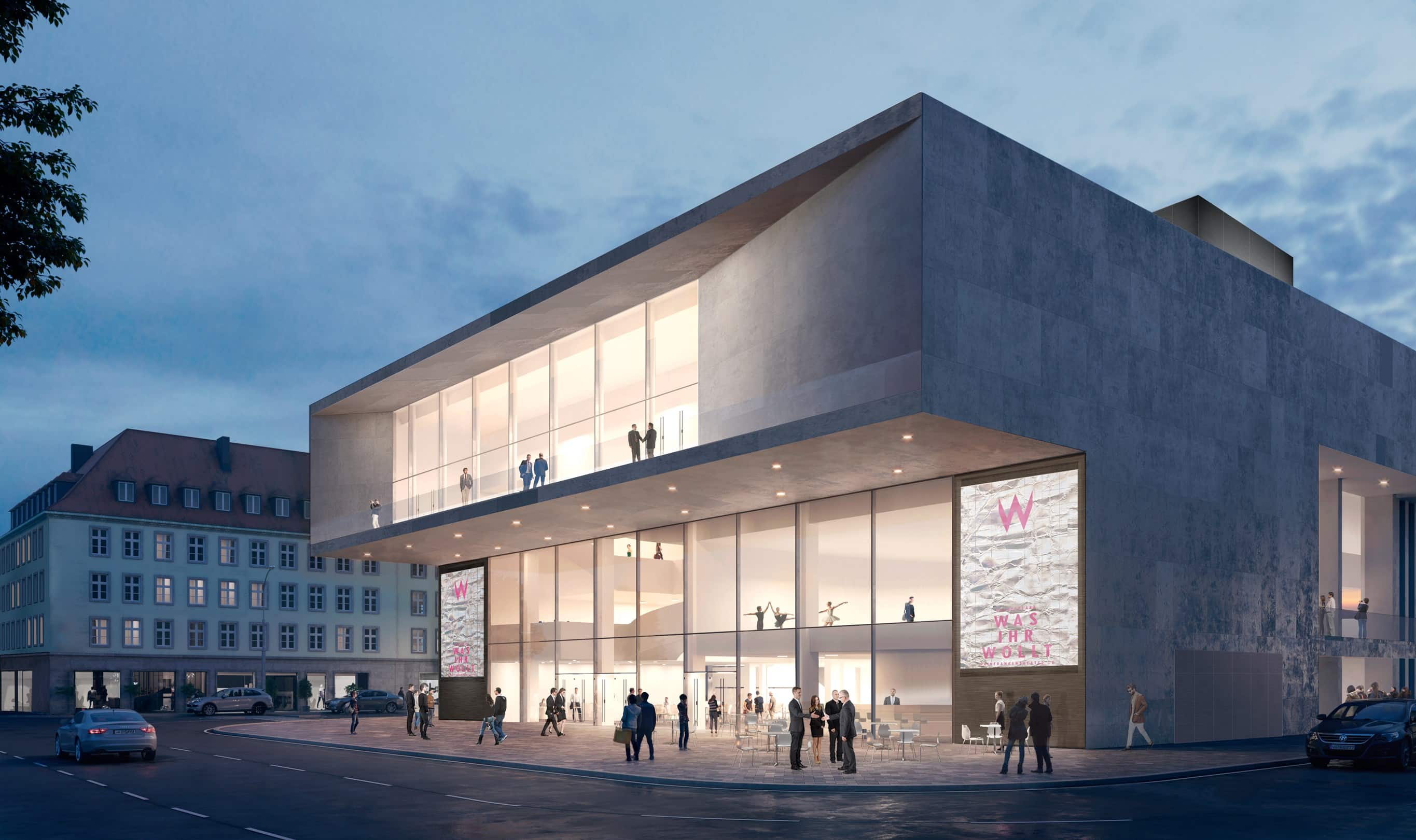When you’re in need of Trojans …
mainFrom the Lebrecht Album of the Week:
Almost every new release I sampled this week should never have been made. One album after another lacked conviction, coherence and, sometimes, pulse. These are records where label and artist ask one another what to do next without either side asking aloud whether this project is absolutely necessary.
None of which can be said about the present release….
Read on here.
And here.
And here.






Have been eagerly awaiting this since learning of it on Slipped Disc in April. Now more eager. Thanks for the review. You must have an early copy of the set.
The album looks like the Pappano Aida. Is it “book-style” like that (with the discs getting scratched a bit each time they go into the hard pockets)?
Quibble: have no idea what “full-on” and “full-onness” mean. Committed? Must be a British idiom.
Yes, British England. ‘Doesn’t hold back’ for Americans!
Still don’t know what it means. Committed? Intense? Loud? Full-bore (U.S. English)?
Oh, sorry. I see your explanation now.
Just checked:
Grammy Awards of 2002
James Mallinson (producer), Simon Rhodes (engineer), Colin Davis (conductor), Michelle DeYoung, Ben Heppner, Petra Lang, Peter Mattei, Stephen Milling, Sara Mingardo, Kenneth Tarver and the London Symphony Orchestra for Berlioz: Les Troyens
Grammy Awards of 1996
Raymond Minshull (producer), Charles Dutoit (conductor), Gary Lakes, Françoise Pollet, Gino Quilico, Deborah Voigt, Orchestre Symphonique de Montréal and Chorus for Berlioz: Les Troyens
I was actually hoping that Michel Plasson would have recorded this opera. There were rumors of a Heppner / Plasson recording floating at one time. Fortunately we can hear Heppner’s interpretation can be heard on Colin Davis’ account.
I was not enamored of Joyce DiDonato’s previous foray into Berlioz, also with Nelson at the helm: Ascanio in Benvenuto Cellini. For me she was singing Rossini with Berlioz’ notes!
Guillaume Tell — 1829
Benvenuto Cellini — 1834
I am talking about style, the way she approached the music.
I’m sure we can trust John Nelson to find (and impose) the right style. About DiDonato, the voice is larger and darker this year (Feb.); my main concern is her French. She’s smart anyway.
It’s a pity Norman didn’t discuss the singers’ contributions in his mini-review. At least the Cassandre, Énée and Didon.
Indeed. And it is also to be regretted that he terms Colin Davis’ rather astonishingly masterly 2002 recording, his second, as an “attempt”. It is a classic recording, a ‘reference’ performance if ever there were one. Critics today, in addition to other deficits, tend to be singularly present-minded, as we see in NL’s opinion that we need a “new-gen” (ghastly coinage) recording because both of Davis’, 1969 and 2002, are “wearing thin”. The 1969 recording is only a touch less magnificent than the 2002, but enough to say that some explanation re how the Davis II is wearing thin, it being all of 15 years-old, would help make sense of this, or not. Rather a lot of musicians and music lovers listen with awe to recordings five times as old and older. I suspect the denigration of Davis is just a journalistic hook to hang the review on, and may be more personal than musical.
To be honest, Steven, I have never heard the Davis recordings. I object to the lack of French soloists and especially to his reliance on non-French choruses.
For this reason, I did not buy a recording until the (flawed) Dutoit appeared.
Davis actually left four recordings. Considering just the six principal roles — Cassandre, Didon, Anna, Énée, Chorèbe and Narbal — he used only one native French singer (Soyer):
1969 — Lindholm, Veasey, Begg, Vickers, Glossop, Soyer
1969 live — Silja, Baker, Begg, Vickers, Glossop, Langdon
1996 live — Henschel, Hatziano, Popescu, Bogachev, Lanza, Zapater
2000 live — Lang, DeYoung, Mingardo, Heppner, Mattei, Milling
Admittedly the French have not been great nurturers and trainers in the Postwar period, except in Baroque music. But still. Davis evidently was not as sensitive to the delivery of the language as some people are, and so assigned it a low priority.
Just GOT it!!!
ITS a condom joke—well played Maestro Lebrecht, well played.
I am sure none of us truly like them….but you gotta have them and ya gotta know where they are when you need ’em.
Under those circumstances a four and half hour Berlioz opera won’t help.
Good joke indeed.
I trust Norman’s copy arrived shrink-wrapped.